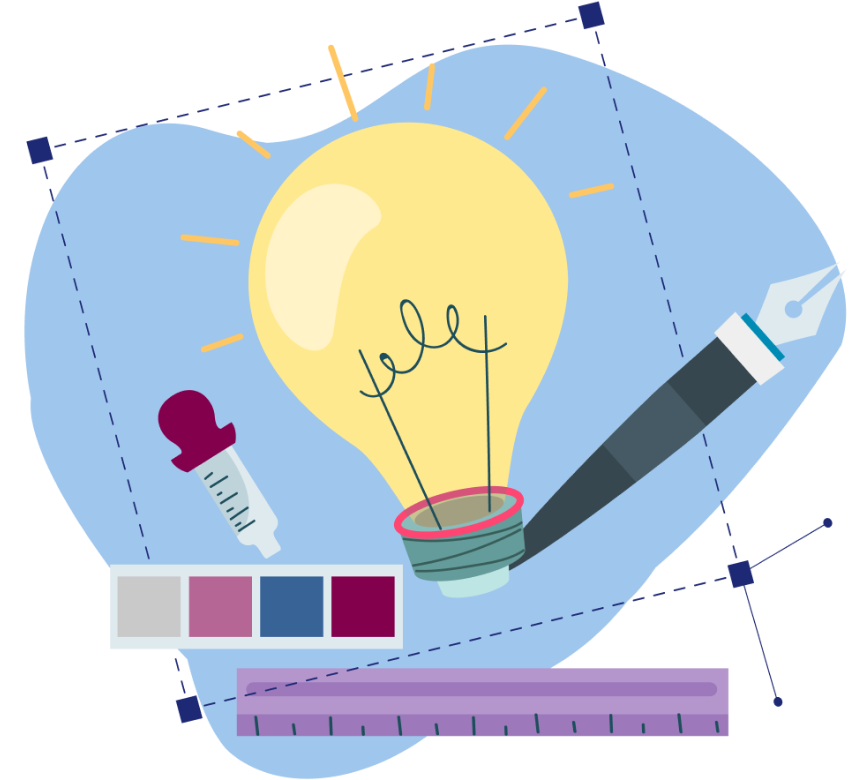Great design is more than just aesthetics—it's the bridge between your business and your customers. It can turn casual visitors into loyal customers. By prioritizing usability and delight, businesses not only stand out but thrive in an ever-competitive market.
An effective interface is more than just beautiful visuals—it's the medium through which users connect with your product. Each design choice is rooted in functionality and aesthetics, creating a harmonious user experience.

Taking businesses forward
Card sorting organizes content based on how users think and categorize information. This method reveals the most intuitive ways to structure menus, navigation, or features. By aligning design with user expectations, your product becomes easier to navigate and more enjoyable to use.
Site mapping translates content and features into a visual hierarchy that guides users effortlessly. It lays out the structure of your digital product, ensuring every page and feature is logically organized. This tool acts as a blueprint for design and development, reducing complexity and creating a seamless user experience.
Wireframes are the skeleton of a design, focusing on layout and functionality without distractions. They allow for rapid iteration and feedback, ensuring the final product is well-structured before visual details are added. This efficiency saves time and resources.
A low-fidelity prototype is a basic, interactive mockup that tests functionality and flow early in the design process. It's an invaluable tool for gathering user feedback and refining concepts before committing to polished designs.
Testing the product with real users is critical for success. Usability testing uncovers friction points and validates design choices, leading to a product that works as intended and delights its audience.
A mood board captures the visual essence of your brand, combining colors, typography, and imagery to guide the design's aesthetic. It ensures consistency and aligns everyone on the creative direction, saving time during execution.
Hi-fi prototypes showcase the final design with all its polish and interactivity. They bridge the gap between concept and reality, providing a realistic preview that ensures alignment among stakeholders and smooth handoff to developers.
Accessibility audits assess how well your design supports users of all abilities, ensuring compliance with standards like WCAG. By addressing accessibility early, I help you reach a broader audience and create a product that's inclusive and user-friendly.
Microinteractions, like button animations or subtle feedback cues, bring interfaces to life. Thoughtfully designed microinteractions enhance user satisfaction and provide intuitive guidance, making interactions more engaging and memorable.
Book a first session or inquire about possible collaborations

+33 0760-29-39-91

tomer@rozedesign.com